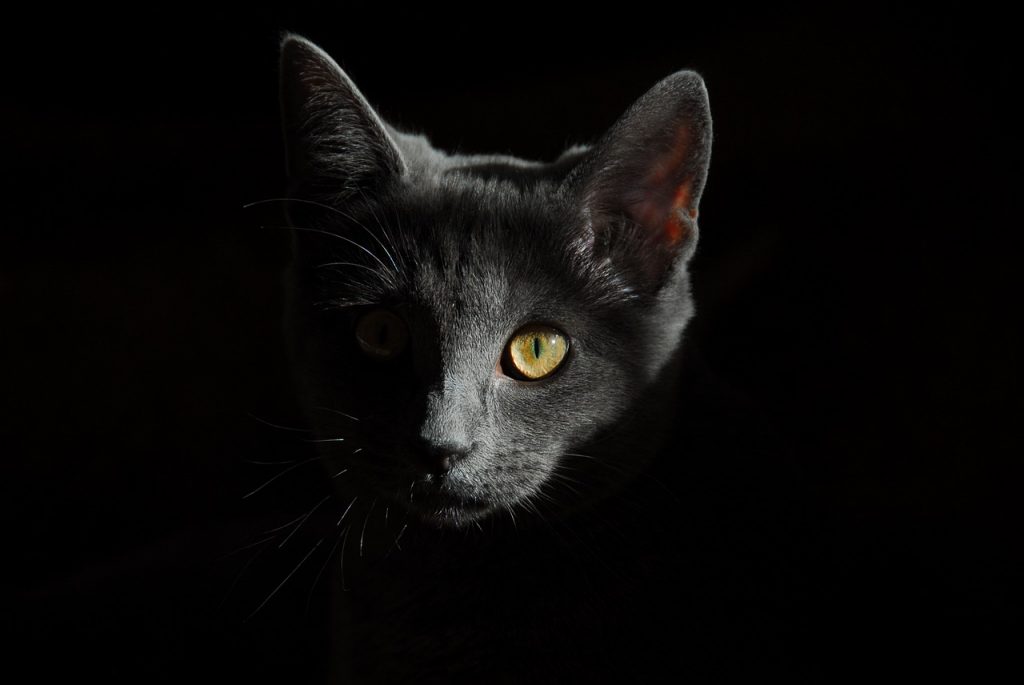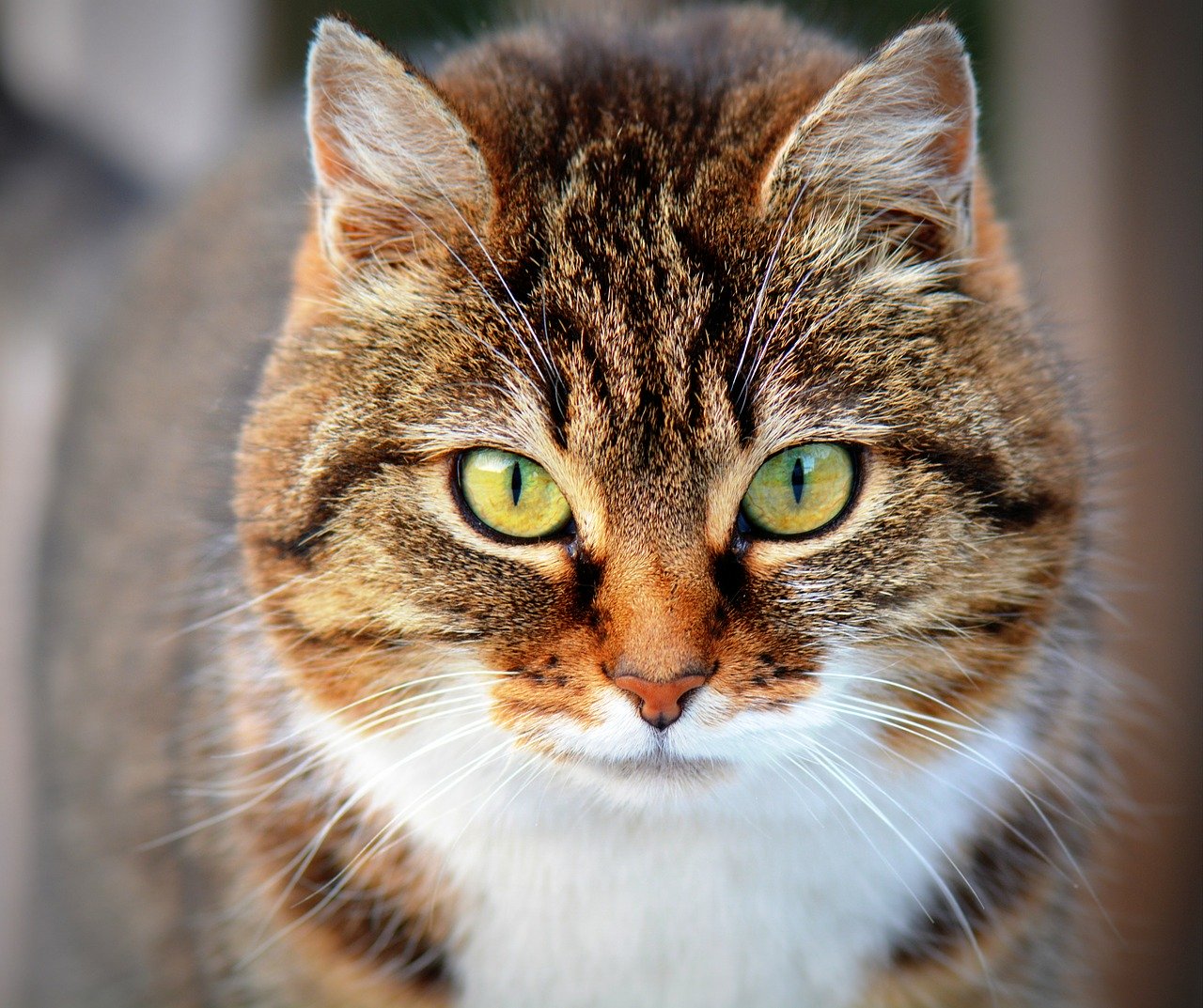The Internet is littered with funny cat videos showing their reactions to a plant commonly known as “crawling grass”. What is crawler grass, affects all felines, is safe for cats and humans should use it? This special feature investigates these questions and more.
Nepeta cataria, or “gatera grass”, is an herb that belongs to the same family of plants as mint. Although it originated in parts of Europe and Asia, the plant is now common on several continents, including North America.
Because, like normal mint, crawling grass proliferates easily, many cat owners grow the plant in pots as a special gift to their feline friends.
As part of the mint family, fresh crawler grass also smells like mint, although this is not the case with dried crawler grass sometimes present in commercial candy or cat toys, which can smell more like dried grass.

Why does crawling grass affect cats?
Cats that react to the crawling grass will sniff the plant or any toy that contains it, and then start chewing it. After this, they can start rubbing their head against the plant or toy, and then roll or flip from side to side.
“These displays have prompted naturalists to speculate that catnip served once the evolutionary function in the wild of preparing cats for sex, a natural springtime aphrodisiac.”
Ronald Siegel
About 30% of domestic cats have absolutely no reaction to the crawler grass. An MNT reader exclaimed that “it has no effect.
Why does crawling grass affect some cats but not others? The difference, Siegel argues, lies in the cat’s DNA. Some cats inherit the “grass-sensitive” gene, while others simply don’t.
Although humans tend to buy or grow crawler grass for the entertainment of their feline friends, some people think the plant can have a calming effect on their own minds.
For example, some people like to make crawler grass tea, and some have even tried to turn the plant into cigarettes and smoke it. “It makes people feel happy, happy and intoxicated, like marijuana,” says a previous study.
As a supplement, people have also used the crawler herb to treat symptoms such as cough or toothache, and as digestive aid.
Is it safe? This is not yet clear. So far, there has been little research on the effectiveness or safety of the crawling herb when it comes to treating various conditions in humans.
Some specialists suggest that crawling grass may cause contractions of the uterus, so they recommend that pregnant women avoid this plant.
However, given the scarcity of evidence about the safety of this plant, our readers may be better off saving it for the enjoyment of their cats, that is, if they are part of the majority who appreciate it.






